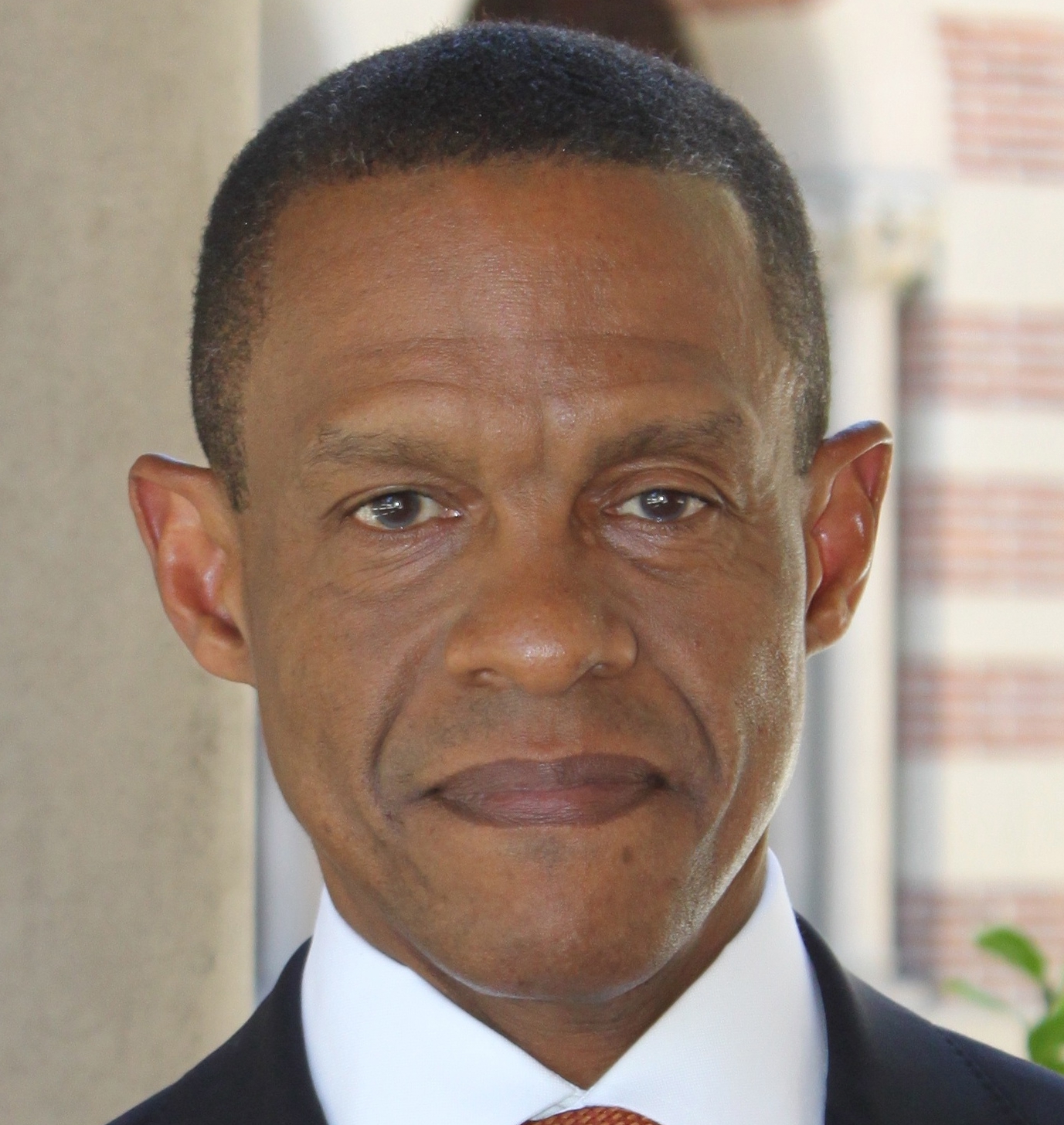The United States was attacked by terrorists on Sunday. The shooting of two police officers in Las Vegas is the latest example of a growing trend in anti-government, right-wing extremism, one that has not received appropriate public attention and concern despite presenting a lethal threat to all Americans.
On June 8, Jerad and Amanda Miller entered a Cici’s Pizza restaurant and approached two uniformed police officers having lunch. The couple executed both officers and covered the bodies with a Gadsden flag (a yellow flag bearing the image of a coiled rattlesnake and the words “Don’t Tread on Me”), a swastika and a note declaring the start of a “revolution.” The Millers then crossed the street, killed a bystander on their way into a Wal-Mart and fulfilled a suicide pact in the back of the store.
Even as public officials and news media are hesitant to label this attack with the “T-word,” there is simply no question that the couple who executed these people was motivated by an anti-government ideology, using violence and fear as a means to advance their ideas. That is, in a word, terrorism. The more troubling fact is that this shooting is only the most recent in a string of anti-government attacks that are occurring at an increasing frequency.
- Paul Ciancia shot and killed a TSA officer and wounded others during an attack at LAX on November 1, 2013. Details about Ciancia reveal he was – at least in part – motivated by an anti-government ideology that warned a One World Government was poised to take over and strip away freedoms.
- In February, the FBI thwarted a plot by three Georgia men who had discussed on Facebook plans to attack the U.S. electric grid, as well as symbols of DHS, TSA and FEMA. Their plan was to cause a government overreaction, declaring martial law, which would prompt all U.S. militias to declare war on the federal government.
- On Friday, June 6, 2014, Dennis Marx, a former TSA officer, shot a deputy outside of the Cumming, Georgia courthouse. Marx was armed with firearms and explosives, and initial reports say he was an anti-government extremist.
These examples are independently troubling, but taken together, they are plain evidence of a growing trend. The anti-government ideology says followers are not subject to the laws of the United States. Adherents believe they can refuse to recognize the authority of the courts and can even use armed force to resist police arrest. This is what the FBI warned in a 2011 bulletin sent to law enforcement departments around the country, explaining that anti-government groups (specifically, the Sovereign Citizens) have a propensity towards violence.
The anti-government ideology is not a new threat. For decades, law enforcement agencies have been aware of extremists like the Sovereign Citizens, Patriot groups, and militias. Yet, with the most significant economic downturn in nearly a century followed by the election of the first African-American President, the ranks of anti-government extremist groups have swelled dramatically. The Southern Poverty Law Center reports that the number of “Patriot” groups grew 755% between 2008 and the end of 2010, rising from 149 groups to more than 1,200 in just three years.
As such, it was heartening to learn that Attorney General Eric Holder has directed the Department of Justice to reconstitute a task force to address and combat the full breadth of homegrown terrorist threats. This is an implicit recognition that while foreign-borne threats (such as that from al Qaeda) remain a challenge, the U.S. homegrown terrorist problem demands a more focused law enforcement response.
The government is (appropriately) changing gears to focus attention on homegrown groups, but the public also has a role to play. Initial reports from Las Vegas reveal that the Millers were not shy in discussing their hatred for police and the government. Neighbors have told reporters the couple spoke openly about a plan to attack police officers. Why didn’t they report these threats to law enforcement? One neighbor said she thought the couple was “crazy” and therefore did not take the talk seriously. Hindsight is always 20-20, and while we cannot blame the neighbors for the attack because of their reticence to do something once they saw something, we can learn from it.
As I wrote in my book, Homegrown Violent Extremism, “We must support and collaborate with communities to identify people on the path to violent extremism. Indeed, working with communities, we have the potential to disrupt the radicalization pathway altogether.”
The threat from anti-government terrorists is growing fast, and there is zero doubt we will see more attacks. Fortunately, there is much we can do. Citizens can report those spouting threats and violent ambitions; government leaders can redouble efforts to address homegrown extremism; and all of us can use the appropriate term for the Las Vegas shooting and similar attacks: terrorism.


